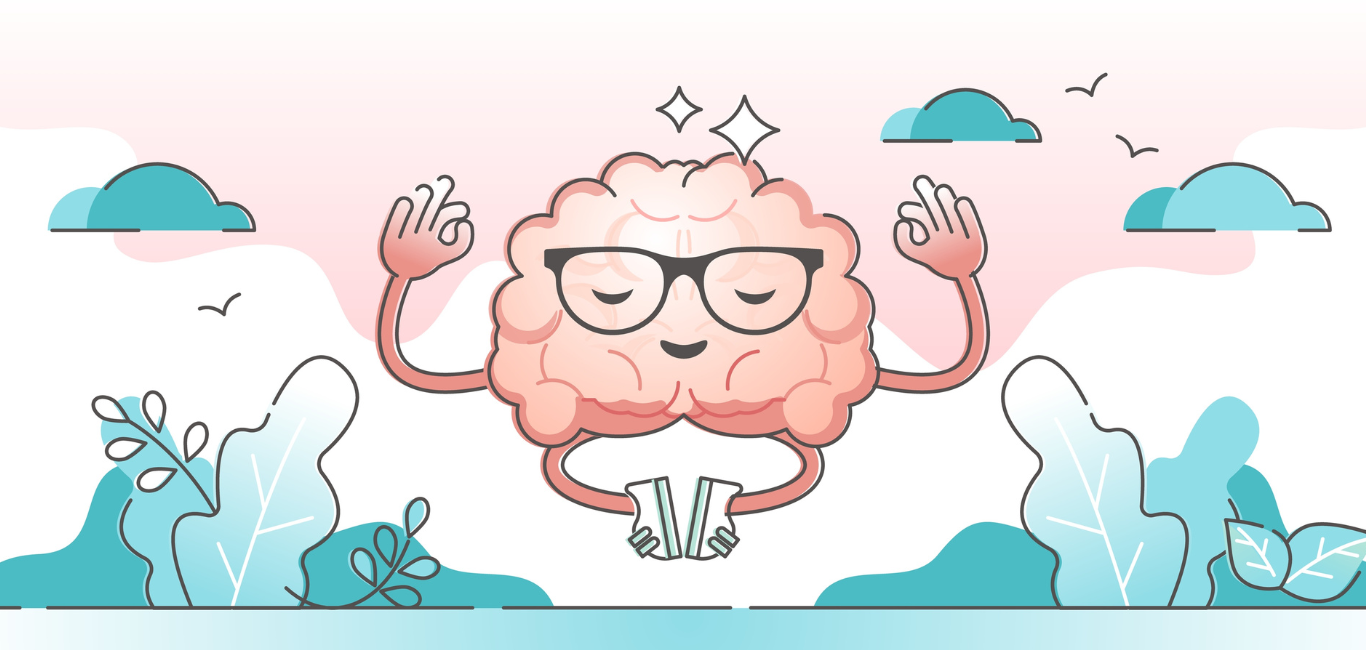
Alongside the evolving medical research landscape, incorporating integrated approaches into treatment methods is gaining popularity globally. Integrated medicine combines traditional therapies such as acupuncture, yoga, homoeopathy, ayurveda or Tai Chi with lifestyle changes for a holistic and customised treatment of health conditions.
Among these, yoga therapy is the most popular and practised intervention. Native to India, yoga is an ancient holistic practice that unites physical, mental and spiritual health with a transformative effect.
Not limited to physical ailments
Studies have identified intricate connections between diabetes or hypertension and brain health. They have found that these physical ailments amplify memory and cognitive issues. For example, diabetes could potentially trigger dementia and cognitive dysfunction.
Yoga postures and breathing exercises are often recommended to manage diabetes symptoms. Hence, medical practitioners and researchers are increasingly interested in exploring yoga’s effect on conditions such as diabetes, hypertension, stroke, Alzheimer’s, Parkinson’s, depression, and headaches, to name a few.
Yoga and the brain
Several studies have reported that combining breathing techniques (pranayama) and yoga postures (asanas) could improve conditions like diabetes, hypertension, chronic pain and stress. A 2023 study published in the journal Acta Diabetologica by researchers from Swami Vivekananda Yoga Anusandhana Samsthana (S-VYASA), Bengaluru, has shown that yoga therapy given to people with diabetes for 12 weeks improved their memory function.
Dr Vidyashree M, a professor at S-VYASA University and an author of the study, says postures such as Dhanurasana, Surya Namaskar and pranayama were recommended for diabetes for these 12 weeks. “These asanas are known to influence blood circulation towards the brain. With the help of transcranial Doppler ultrasonography and functional near-infrared spectroscopy, we observed increased oxygen and blood circulation in the yoga group individuals’ brains compared to the non-yoga group,” she explains.
She further adds that memory performance was assessed after post-yoga weeks, and the group on yoga therapy showed improved memory and cognitive functions.
Other studies have also documented the positive impact of yoga asanas on reducing blood pressure, mental stress and dementia.
Yet another example of yoga’s benefit for the brain is illustrated by Dr Prem Kumar Singh, a yoga practitioner based in Ghaziabad, Uttar Pradesh. Recalling the case of one of his yoga students, he tells Happiest Health: “This 60-year-old man who came to my yoga centre discussed his concerns about forgetting things while doing everyday tasks.” Our Vedic and yoga knowledge says regular yoga improves brain health by improving blood circulation to energise the brain.
“Based on the knowledge, we suggested asanas such as gomukhasana, shirshasana, ardhachakrasana and Brahmari pranayama. These asanas and pranayama techniques improve the blood circulation to the brain, helping rejuvenate the neural pathways in the brain,” Dr Singh says.
Read more: Schizophrenia treatment turns to yoga, with hope
Read more: A FIVE-STEP yoga practice for migraine
Yoga can rewire the brain
Neurons are the brain’s main components that help transfer the message to different brain regions in response to any internal or external stimulus. Neuroscientists have established that environmental factors, a healthy gut influenced by diet, and physical activities rewire the brain. In other words, the brain forms new neural connections in response to external stimuli.
Dr Hemant Bhargav, assistant professor at department of Integrative Medicine at the National Institute of Mental Health & Neurosciences (NIMHANS), Bengaluru, says, “The rewiring process is divided into two major mechanisms: structural and functional rewiring.”
Structural rewiring involves forming new neurons, synaptic sprouting (new neuron-neuron junctions) and pruning (trimming the junctions for optimal energy use). Whereas functional rewiring is similar to rearranging puzzle pieces. For example, if one part of the brain becomes less active or gets damaged, other parts might start doing some of its tasks to ensure everything keeps working optimally.
Studies have shown that yoga plays a vital role in rewiring the neurons and neural pathways in the brain. A 2020 study used neuroimaging techniques to assess the effect of various forms of yoga on the brain regions and neurotransmitters. They found that yoga has both structural and functional effects on brain areas involved in interoception (response to internal signals), posture, motivation, and higher executive functions.
According to the paper, “Consistent structural effects were observed in the hippocampus and insular cortex, while functional studies showed mainly increases in frontal executive and attention areas.” These studies indicate the potential of yoga in neurological conditions such as Alzheimer’s and Parkinson’s.
Read more: Yoga asanas and pranayama for Parkinson’s
Yoga for neurological conditions
One of the outcomes of Alzheimer’s is decreased hippocampal neurogenesis [lack of new neuron formation],” says Dr Bhargav. The hippocampus is associated with learning and memory. Studies have shown that the reduction in hippocampal volume impairs functional connectivity of the hippocampus with several other brain regions, resulting in a combination of neuropsychological abnormalities of Alzheimer’s, he adds.
It has been documented that the grey matter volume (the brain area containing nerve cells) increases when synapses form. On the other hand, dysfunctional synapses in the hippocampus are an early sign of Alzheimer’s. Memory impairment begins with subtle changes in hippocampus synaptic efficacy before progressing to severe neuronal loss in Alzheimer’s.
During their research, Dr Bhargav and team observed that yoga practices improved the regional grey matter density and influenced neuronal functions in yoga practitioners who were practising regularly for over a year.
There is no doubt incorporating yoga into daily life helps the body stay healthy, both physically and mentally. However, yoga asanas, breathing techniques and meditation should be done under the guidance of an expert who can tailor them to a person’s health conditions.

















